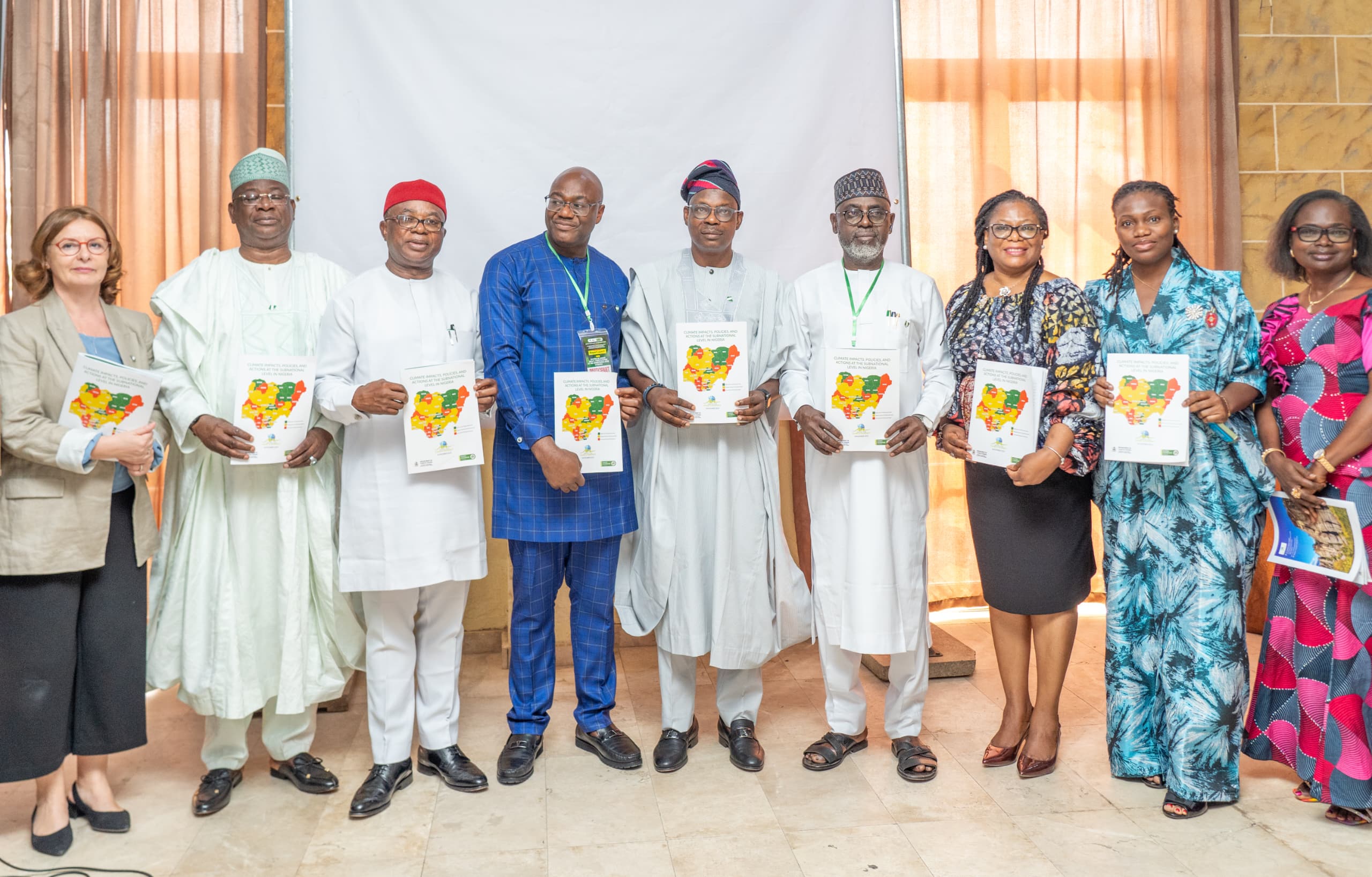During a three-day capacity-building training session for selected journalists from the southern part of the country, held in Lagos, Mahmud Adam Kambari, the Permanent Secretary in the Federal Ministry of Environment, emphasized the critical role of media practitioners in raising awareness and driving action on climate issues.
Kambari, represented by Dr. Iniobong Abiola-Awe, Director of the Department of Climate Change, highlighted the media’s power to shape public perception and hold decision-makers accountable. He stated, “As journalists, communicators, and storytellers, you can amplify voices, drive change, and hold decision-makers accountable.”
He stressed the urgency of the climate crisis, noting its threats to communities, economies, and the planet’s very existence. He urged media professionals to use their platforms to inform, educate, inspire, and mobilize individuals, communities, and nations toward a sustainable and resilient future. The training, organized by the Nigeria Climate Change Response Programme and supported by the European Union, aimed to equip journalists with the knowledge and skills necessary to report on climate change effectively.
Kambari explained that the workshop included interactive sessions, expert speakers, and practical exercises designed to deepen journalists’ understanding of climate science, policy, and impacts. The goal was to enhance their ability to communicate complex issues, engage diverse audiences, and drive meaningful change through their reporting and storytelling.
Elizabeth Mwaniki, an expert in communication with the NCCRP, underscored the importance of such capacity-building training, noting that it equips journalists with the tools needed to disseminate information that can help combat climate change. She highlighted that similar training had been conducted for journalists from the northern part of the country and expressed hope that southern journalists would also become more involved in climate change issues.
Mwaniki pointed out the significant threats climate change poses to Nigerian communities, including sea-level rise, flooding, and heatwaves. She emphasized that with a proper understanding of these issues, individuals, governments, and communities could take decisive actions to enhance environmental sustainability.
This initiative is part of a broader effort to engage media practitioners in the ongoing fight against climate change and to ensure that the public remains informed and motivated to take action.

